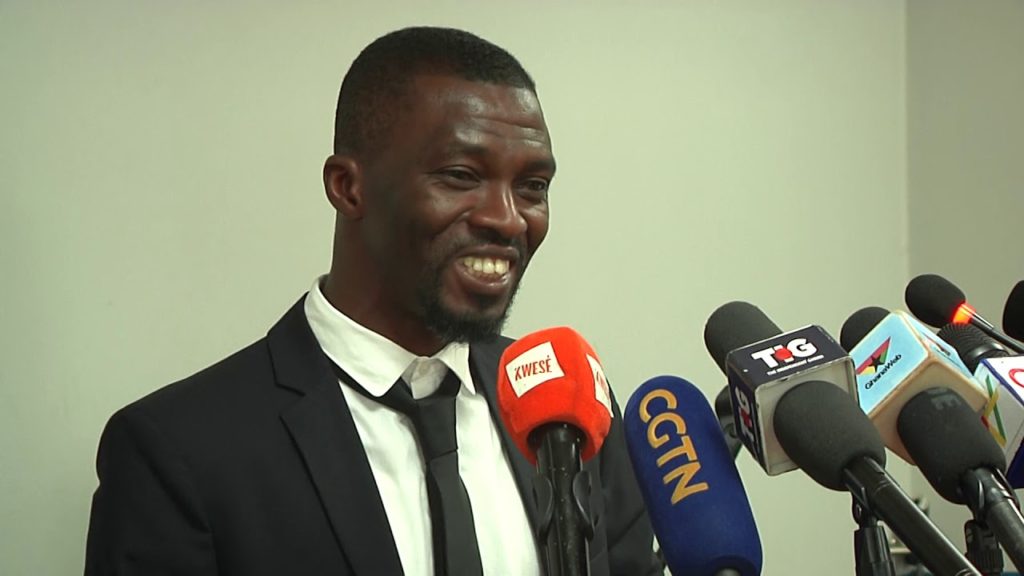
There’s a peculiar hazard in writing fiction: readers swear they know the “real people” hiding in your pages. Since releasing Shifting Sands, I’ve heard theories more intricate than any boardroom conspiracy. For the record, my characters are fictional. If you see yourself in them, it’s probably because our human footprints look suspiciously alike on the beach.
The Man at the Window
My lead character, Kwesi Mensah, opens the story in a tower with a view and a blind spot. From the top floor of Mensah Holdings, he can see everything except the cracks under his own feet. Power is loud; consequences whisper until they don’t. When the tide turns, it isn’t subtle. It arrives with dossiers, headlines, and uncomfortable board meetings where chairs scrape louder than applause. (Hello, Titi. Hi, Kofi.)
When the Ground Moves
Shifting Sands is not a parable about business; it’s a parable about being human while doing business. Kwesi’s world tilts, not because the universe is unfair, but because shortcuts eventually send invoices. You can outrun critics; you cannot outrun compound interest on compromised values. That’s the true “silent partner” in many empires.
Family, the Unpaid Auditors
If you want unfiltered feedback, don’t call PR; call your family. Zawadi and Ama don’t just puncture Kwesi’s myth; they hold up a mirror and switch on the lights. In one pivotal exchange, Zawadi doesn’t offer a lecture; she offers a name – Samuel Anokye – and an address. “Start here,” she says, converting repentance from a feeling into a to-do list. That’s redemption with receipts.
The Cost of Coming Back
Redemption is romantic from a distance and administratively exhausting up close. It isn’t one grand apology tour; it’s the daily practice of rebuilding trust with people who are under no obligation to believe you. Some won’t, and they’re right to be cautious. In the novel, not every door reopens, not every relationship is restored, and not every audience stands to clap. That’s reality, not cynicism. It’s also why any change worth believing must be legible in actions, not adjectives.
A Letter That Isn’t a Press Release
Late in the story, Kwesi writes a letter; not to shareholders, regulators, or journalists, but to himself. It isn’t a victory speech; it’s a quiet audit. He acknowledges what power couldn’t purchase and what strategy couldn’t spin. He signs it with a new kind of confidence: not the bravado of a conqueror, but the steadiness of a man who has stopped negotiating with the truth. Sometimes the bravest audience is the one in your own heart.
Faith in the Marketplace (Yes, Really)
Some assume faith belongs in pews, not in payroll decisions. I disagree. The novel argues that faith and business are not opposites; integrity is a market force, and character is a competitive advantage you don’t list on the balance sheet. Values aren’t the garnish on the meal; they’re the fire under the pot. When the heat rises, you discover whether you’ve been simmering substance or just boiling air.
Why I Wrote This Story
I didn’t set out to write a sermon disguised as a thriller. I wanted a page-turner with boardroom maneuvers, family showdowns, and the slow-burn suspense of a life being reappraised. But I also wanted a mirror. If readers laugh at the audacity, wince at the compromises, or feel the ache of estranged conversations, then the story has done its job. Fiction is a safe laboratory for dangerous questions. We can watch Kwesi misstep and maybe save ourselves a stumble.
What the Sands Ask of Us
By the last pages, the question isn’t whether the sands will shift. They always do. The more important question is who you are when they do. Are you the titan who insists the tide is a rumor? The strategist who calls it “a bad news cycle”? Or the builder who finally trades sand for rock and chooses relationships over reputation? I have opinions (many!), but the novel prefers to hand you the mirror.
So here’s my invitation: read Shifting Sands for the drama, stay for the dilemma, and leave with a plan. Audit your definitions of success. Convert convictions into calendars. And if you’ve been dancing on unstable ground, learn new steps. You don’t have to be perfect to change course; you just have to be honest long enough to take the next right step.
Because when the tide returns (and it will), only what’s built on truth remains standing. And that’s a legacy worth more than any skyline view.

——Bottom of Form
About the author
Terry Mante is a thought leader whose expression as an author, corporate trainer, management consultant, and speaker provides challenge and inspiration to add value to organizations and position individuals to function effectively. He is the Principal Consultant of Terry Mante Exchange (TMX). Connect with him on LinkedIn, Facebook, X, Instagram, Threads and TikTok @terrymante and www.terrymante.org.
The post Insight Forge with Terry Mante: Dancing on Shifting Sands (Without losing your shoes) appeared first on The Business & Financial Times.
Read Full Story















Facebook
Twitter
Pinterest
Instagram
Google+
YouTube
LinkedIn
RSS